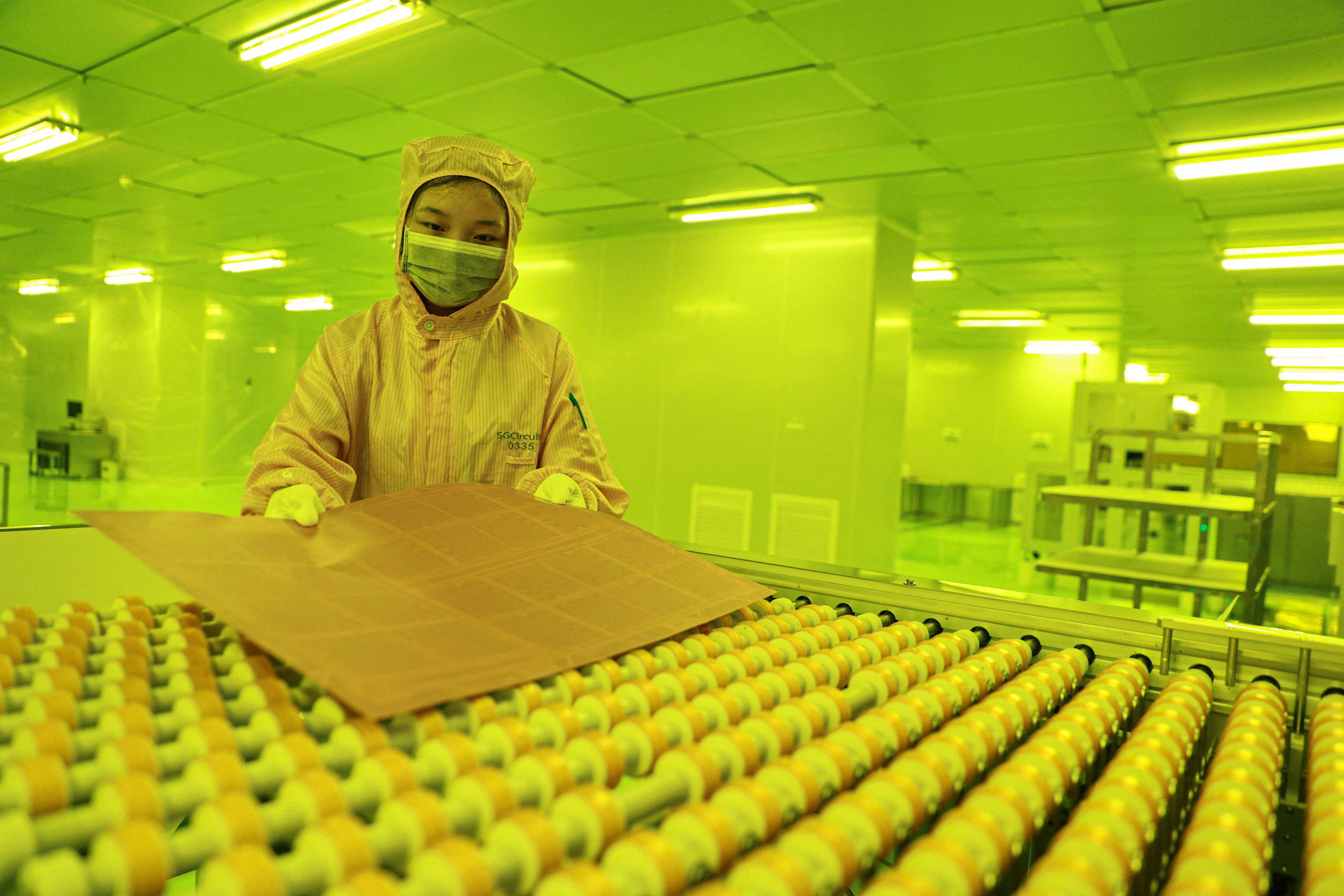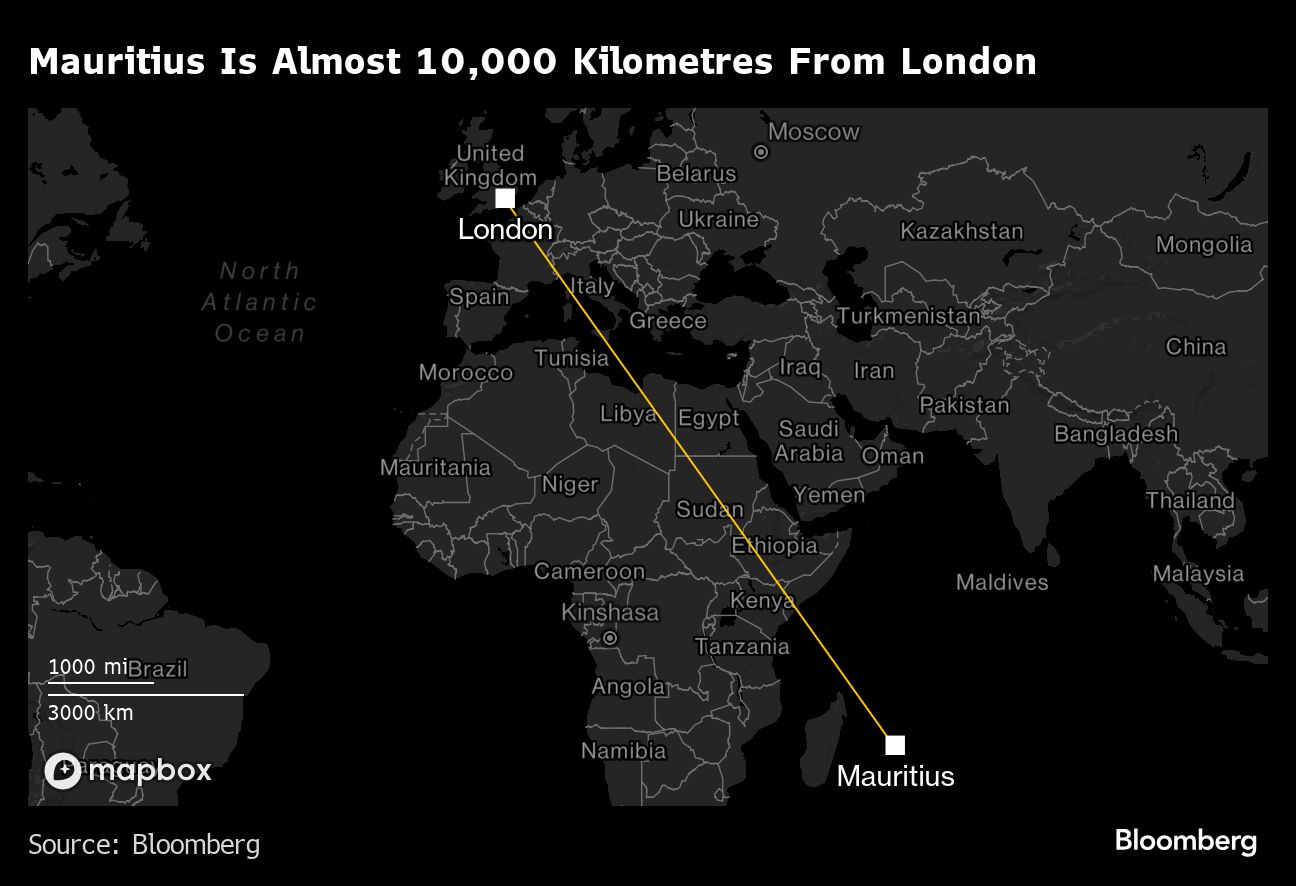
COLLABORATION IS KEY TO PRAGMATIC ENERGY TRANSITION: HITACHI ENERGY CEO
Collaboration between governments and businesses to accelerate emission reduction is vital to a pragmatic energy transition, according to an industry expert.
“No single nation or company has all the answers. We know that collectively we have the technology today to shift to a more sustainable and affordable energy system. We hope that this year we will see real progress towards accelerating the adoption of renewables worldwide and making that transition accessible to all,” Claudio Faccini, CEO of Hitachi Energy, told Khaleej Times, ahead of COP28 in Dubai.
Zurich-headquartered Hitachi Energy is a global technology leader in power grids, specialising in creating innovative and sustainable energy solutions.
“The urgent energy transition is a global challenge and together we can make a difference. We need to act now and deploy technology at scale and with speed so that we can continue to advance a sustainable energy future for all,” Faccini added.
Dr. Sultan Ahmed Al Jaber, president-designate for COP28 UAE, had expressed similar views. “Together, we will prioritise efforts to accelerate emissions reductions through a pragmatic energy transition, reform land use, and transform food systems. We will work to mobilize solutions for vulnerable countries, operationalise loss and damage, and deliver the most inclusive conference possible,” Dr. Al Jaber said in a welcome message to all delegates.
The COP28 is poised to be a significant gathering, where high-profile business executives, including Facchin and others, will engage in critical discussions about energy transition and the development of sustainable solutions. As the preeminent global forum for addressing climate issues, COP28 UAE is expected to host a remarkable assembly of over 70,000 delegates. This will include heads of state, world leaders, and a broad spectrum of representatives from various sectors. “Electrification is a key component of enhancing energy efficiency”, said Facchin. “By rapidly expanding electrification across sectors like transport, buildings, and industry, we can significantly reduce the primary energy demand for each unit of energy used,” he said.
According to industry experts, this shift is crucial, especially considering projections for 2050, where the global power system is expected to have approximately four times the installed power generation capacity of today. Moreover, the amount of electrical energy transferred is anticipated to be triple that of current levels. This expansion highlights the importance of efficient energy use, the pivotal role of electrification in achieving it, and the critical role companies like Hitachi Energy will play in building a sustainable energy future.
“Decarbonisation will transform our energy system in the future, leading to a ‘system of systems’ which must be integrated and managed. A good example of decarbonisation in the industry is ‘Project Lightning’ in the UAE, enabling a carbon footprint reduction of Adnoc’s offshore operations by more than 30 per cent,” said Facchin.
2023-11-29T13:17:10Z dg43tfdfdgfd











